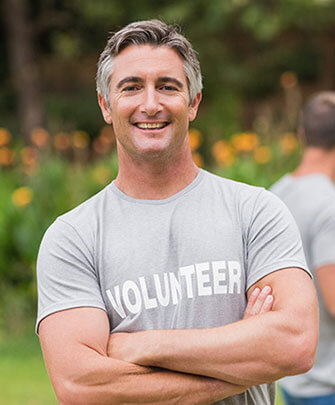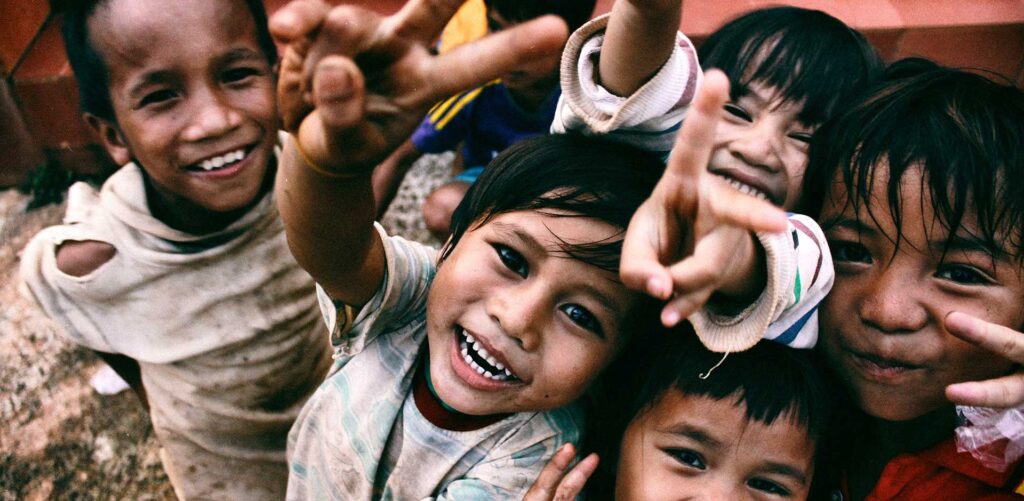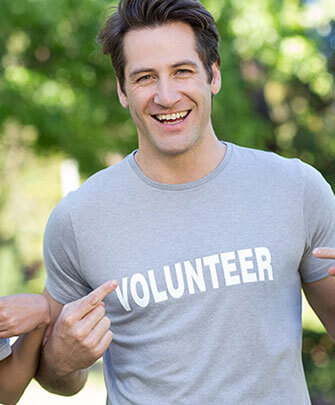Connecting Communities
let's build a better world together
Building Empowered Communities
A small help can make a difference
Giving Refugee to Victims of Abuse
Lets shelter the vulnerable
what we do
We make a difference
Building Empowered Communities
Our thrust is to empower the disadvantaged and marginalized members of society. In most of the areas we work in, we find women, the elderly, and the sick face challenges of unemployment and sometimes even lack access to essential services.
Connecting Communities
It is heartbreaking that even with all the sacrifices that parents in rural areas make to send their children to school, they are some challenges they just cannot tackle on their own. One of the challenges, which has been our motivation is entire rural communities getting marooned by flooded rivers during the rainy season.
Development Partnerships
As we have traveled the width and the breadth of Sothern Africa, we have touched, humbled, and been encouraged by people’s incredible will not succeed and put food on the table. This is in spite of the challenging odds stacked against them.
Thriving Local Economies
Giving disadvantaged people skills, training, and capital to start their own small income-generating projects is more empowering and is a good way to grow local economies. It is the easiest to stop people migrating, in search of jobs to the bigger towns and cities, where the situation is not necessarily better.
Giving Refugee to Victims of Abuse
Gender-based violence is a growing problem in Southern Africa. Inherently patriarchal societies mean women are susceptibly to effective control by their male partners. This control has often seen in women suffering from emotional, sexual, and physical abuse within their marriages.
Gender Activism
In Zimbabwe and many other African countries, gender-based violence (GBV) against women remains the most detrimental to women’s advancement in both corporate and social circles. While violation of women in various forms is ‘acceptable’ and accepted for centuries, very little has been done to help the victim. Culture and what is called ‘Norms’ in our communities have relegated women to second-class citizens.

about us
Human Life is Precious
8
years
- Developing Communities
- Partnership Developments
- Thriving Local Economies
- Connecting Communities
- Gender Activism
recent campaign
donate to charity campaign around the world!

raised
$7000
remaining
$10,000
expire date
19 jun, 2021

raised
$8500
remaining
$10,000
expire date
19 jun, 2021
upcoming event
Come to our events for more info
15th
may
- 8:00 am - 12:30 pm
- London park, England
Hic commodo odio pharetra magni aliquet posuere aptent mus leo class urna. Eum diamlorem, netus posuere aptent mus.
27th
jun
- 10:00 am - 2:30 pm
- San Francisco, USA
Hic commodo odio pharetra magni aliquet posuere aptent mus leo class urna. Eum diamlorem, netus posuere aptent mus.
meet our team
our optimistic volunteer







